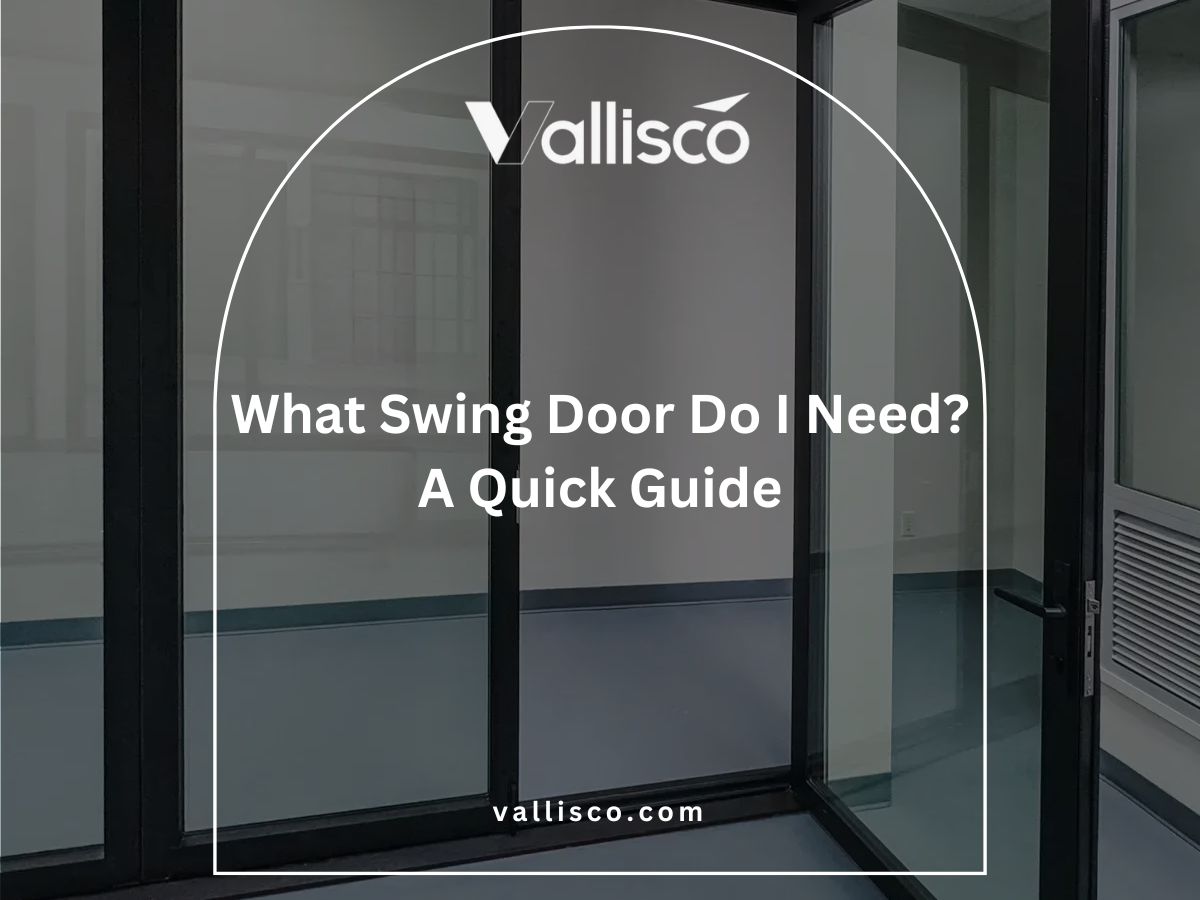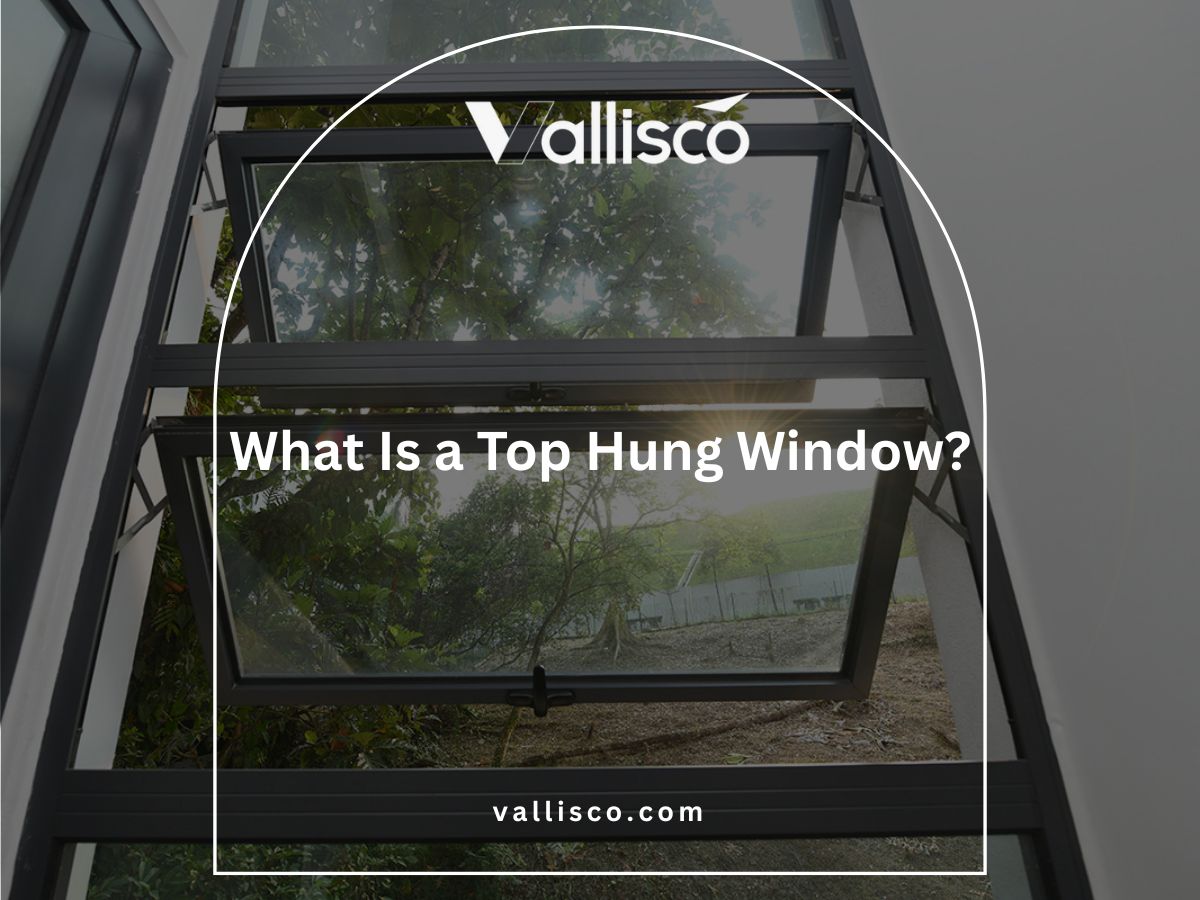I remember the first time I had to source basement windows for a renovation job. Every supplier claimed to have the “best quality,” but almost no one could explain lead times or meet bulk order requirements.
That experience taught me how important it is to work with vendors who understand business needs, not just residential sales.
Since then, I’ve worked with dozens of window manufacturers and suppliers. I know how to spot the red flags and the real deals. You’re not getting a sales pitch here—just insights from someone who’s been through it.
In this article, I’ll walk you through where to buy basement windows, what to look out for, and how to choose the right supplier for your volume, quality, and delivery expectations.
If you’ve been burned before or just want a shortcut to reliable sourcing, this guide is for you.
Let’s get started!
Quick Comparison Chart
Here’s a comparison table summarizing all 8 basement window sourcing channels using a business-friendly tone, keeping key points clear and easy to compare:
| Source | Availability | Customization | Support | Pricing | Watch Outs |
| Big Box Stores | Nationwide, fast delivery | Limited to standard sizes | Basic, with return ease | Moderate, volume perks | Limited specs, mixed quality |
| Local Dealers | Regional, often quick | Great for custom/retrofits | High, in-person help | Higher per unit | Varies by dealer, small stock |
| Online Marketplaces | Widely accessible | Wide range but generic | Low, mostly DIY | Transparent, bulk deals | Return hassles, quality risk |
| Egress Specialists | Limited dealers or direct | Built for code compliance | Expert, niche guidance | Higher upfront | Long lead, fewer sellers |
| Direct Manufacturers | Depends on vendor | Fully custom builds | Strong, direct contact | Lower in volume | High MOQs, longer process |
| Salvage Yards | Local, hit-or-miss | Rare, unique finds | None post-sale | Very low | No returns, unknown condition |
| Contractor Stores | Regional, job-site focused | Some pro-grade options | High, trade-savvy staff | Bulk/trade discounts | Member-only, limited displays |
| Installers/Remodelers | Local or regional crews | Flexible via supplier links | Full-service, hands-on | Bundled pricing | Brand hidden, crew quality varies |
1. Big Box Home Improvement Stores
I’ve seen a lot of business owners default to big box stores when they’re short on time or just want an easy win. And honestly, it’s not always a bad call. Stores like Home Depot, Lowe’s, and Menards have reliable stock, decent commercial programs, and fast delivery options. But while the convenience is great, it’s still worth knowing exactly what you’re getting.
What Makes Them Appealing
- Widespread Availability: You can find these stores in nearly every city, which makes pickup or delivery fast and predictable. That’s a big deal when timelines are tight.
- Commercial Account Perks: Many big box chains offer business accounts with volume pricing, dedicated reps, or early access to seasonal stock. These perks can really help if you’re buying in bulk.
- Simple Returns and Exchanges: If something shows up damaged or not up to spec, their return policies are usually hassle-free. That saves you from long email chains or approval delays.
Things to Watch Out For
- Limited Specialty Options: You’ll mostly find standard-size windows and fewer options for egress-rated or custom-fit models. That can be a problem for more complex installs.
- Mixed Quality Between Brands: Not all brands on the shelf are created equal. I’ve seen projects go sideways because someone grabbed a low-end product assuming it was “contractor grade.”
- Stock Doesn’t Always Match Specs: Specs listed online or in-store can sometimes be outdated or vague. Always double-check certifications if you’re working on a code-sensitive job.

2. Local Window and Glass Dealers
I’ve worked with plenty of local dealers over the years, and there’s something reassuring about being able to walk into a shop and talk to someone who actually knows their product. These businesses often have years of experience and a tighter focus on quality and customization.
If you’re managing a more technical install or need something beyond the standard frame, this is usually where I’d point you. Local doesn’t always mean slower, many of these shops move faster than you’d expect.
What Makes Them Appealing
- More Custom Options: Local dealers often specialize in custom sizes, egress windows, or retrofits for older buildings. That flexibility can save you from redesigning an opening just to fit a mass-market product.
- Personalized Service: You’re not just a number at these places. I’ve had dealers walk job sites, confirm specs in person, and even flag design issues before they became real problems.
- Better Product Knowledge: These dealers usually know their inventory inside and out. You can ask detailed questions and get honest answers—not just what’s printed on the box.
Things to Watch Out For
- Higher Unit Prices: You may pay a bit more per window compared to the big box stores. But that premium often reflects better quality or more customization options.
- Limited Stock on Hand: Smaller shops don’t carry everything on-site. If you’re in a rush, ask about lead times before you commit.
- Variability in Vendor Quality: Not all local dealers are equal. It’s worth checking references or seeing past projects before making a large purchase.
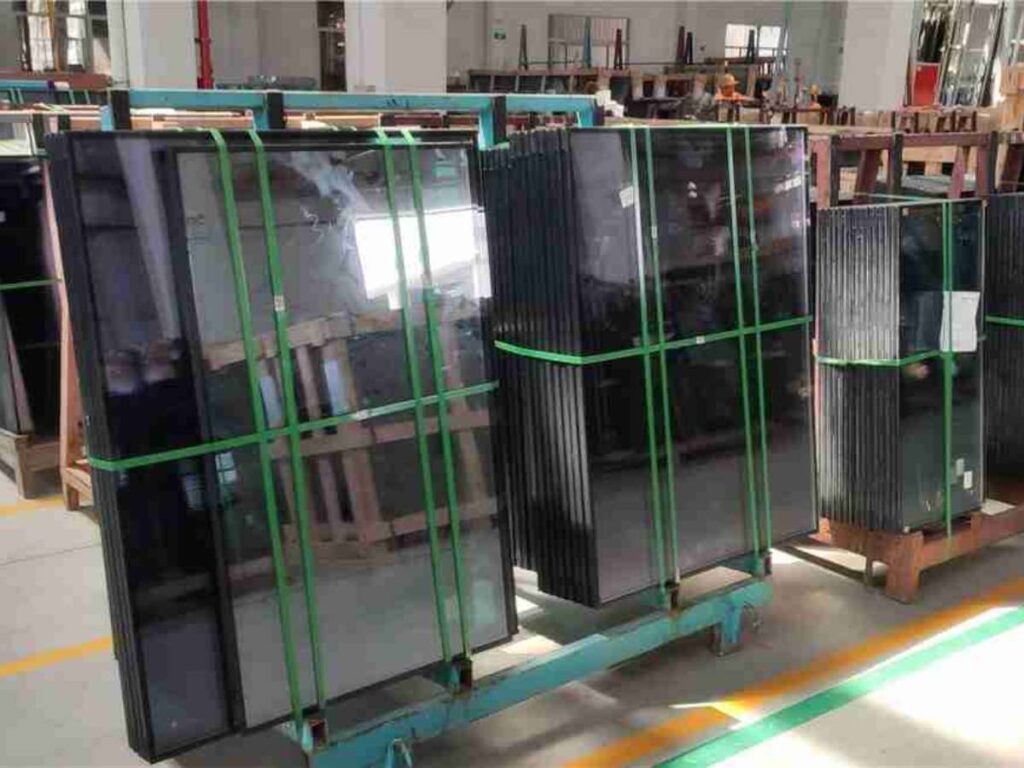
3. Online Retailers and Marketplaces
I’ve had clients who turned to online sources thinking it would be faster and cheaper, and sometimes it is. Websites like Amazon, Build, and Wayfair offer a wide selection and transparent pricing, which makes comparing models easy.
But when you’re buying windows for a business property, speed and convenience can come at the cost of reliability. That’s why it’s important to approach online marketplaces with a clear plan.
What Makes Them Appealing
- Huge Product Selection: Online platforms carry everything from basic basement windows to energy-efficient and egress-rated models. It’s easy to browse multiple specs without leaving your desk.
- Transparent Pricing: You can compare prices across sellers in real time. That visibility helps avoid markups and spot deals if you’re ordering in bulk.
- Convenient Shipping Options: Many retailers offer direct-to-site shipping, and some even provide delivery estimates before you check out. That’s a plus when coordinating installs on a tight timeline.
Things to Watch Out For
- Inconsistent Product Quality: Just because it looks good in the photos doesn’t mean it’ll hold up on-site. I’ve seen windows arrive scratched, bent, or poorly packed.
- Limited Technical Support: You won’t always get help with installation questions, specs, or code compliance. For commercial use, that can be a major gap.
- Return Hassles: Returning large, fragile items like windows isn’t as simple as sending back a shirt. You’ll need to read the fine print and plan ahead for mistakes.
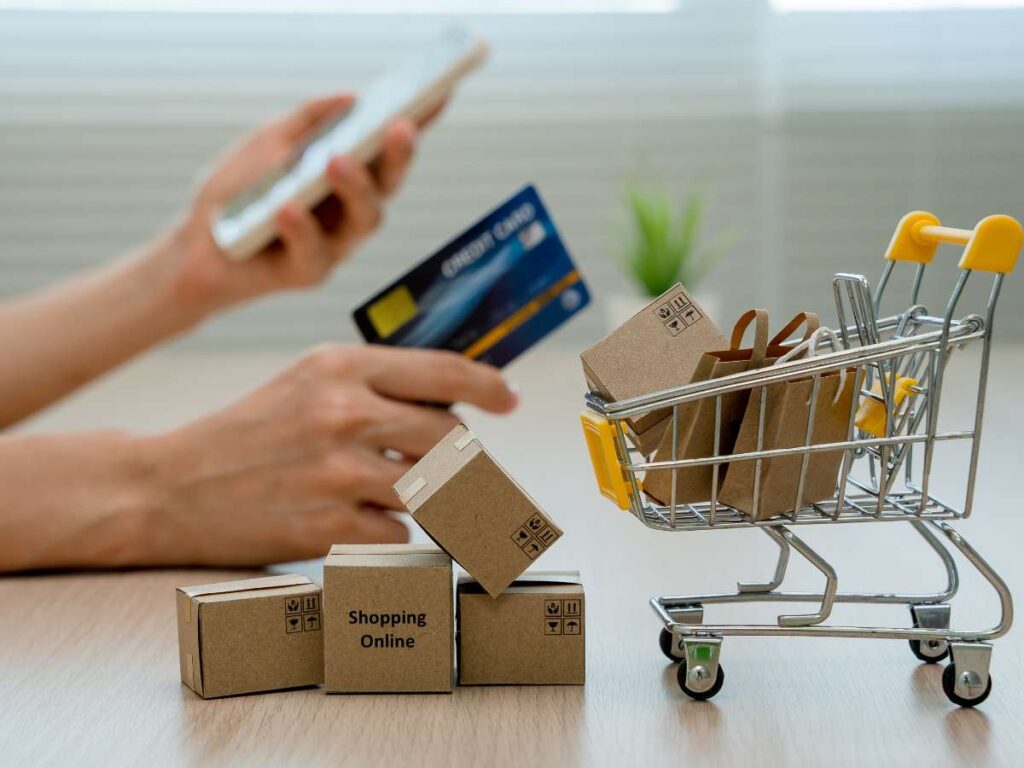
4. Specialty Egress Window Manufacturers
I’ve worked with a few contractors who thought they could modify a standard window to meet egress code, and quickly found out that’s not how it works. Egress windows have strict requirements, and cutting corners leads to failed inspections or safety issues.
That’s why working directly with manufacturers who specialize in egress is often the smartest move for business buyers. They know the codes, the specs, and how to deliver windows that pass every time.
What Makes Them Appealing
- Code-Compliant by Design: These manufacturers build egress windows to meet IRC standards right out of the box. That means less guesswork and fewer field adjustments during installation.
- Tailored Options for Basements: You’ll find features like low-profile frames, integrated wells, or tilt-in designs built specifically for basement use. These aren’t just resized regular windows—they’re purpose-built.
- Support from People Who Know Egress: Unlike general window suppliers, these companies understand egress challenges in commercial spaces. They’ll guide you on clearance, sill height, and well dimensions if needed.
Things to Watch Out For
- Longer Lead Times: Since many of these products are made to order, you might be waiting a few extra weeks. It’s important to build that into your project timeline.
- Higher Upfront Cost: Specialty design and compliance testing often mean a higher price tag. But in most cases, you’re saving on fines, failed inspections, and rework later.
- Fewer Local Dealers: Many egress-focused brands only sell direct or through limited distributors. Make sure you confirm availability and freight options early on.

5. Direct from Window Manufacturers
Some of the best outcomes I’ve seen came from teams that ordered straight from the source. Going direct to the manufacturer cuts out the middlemen and gives you better control over specs, lead times, and pricing.
It’s especially helpful if you’re managing multiple sites or need a large batch of windows with consistent performance. But it does take a little more coordination up front.
What Makes Them Appealing
- Custom-Built to Your Specs: When you go direct, you’re not stuck with off-the-shelf options. Manufacturers can build exactly what you need—from sizing and glazing to materials and thermal ratings.
- Volume Pricing Opportunities: If you’re placing a sizable order, manufacturers often offer better pricing than distributors or retailers. That can make a real difference to your budget over multiple projects.
- Stronger Communication and Accountability: You’re talking to the people who actually make the product, not a sales rep reading off a spec sheet. That means better answers and fewer surprises.
Things to Watch Out For
- Higher Minimum Order Quantities: Some manufacturers won’t take on small-volume jobs. If you’re only replacing a few windows, you might not meet their minimums.
- Longer Sales Cycle: Direct orders often involve more back-and-forth on specs, drawings, and approvals. It’s worth it—but it can stretch your timeline if you’re not prepared.
- Shipping and Logistics Complexity: Delivery may not be as simple as clicking “Add to Cart.” You’ll need to coordinate freight, offloading, and site readiness more carefully.

6. Salvage Yards and Architectural Reuse Stores
I’ve walked through salvage yards where I’ve seen entire pallets of solid, high-quality basement windows—some barely used, some never installed. For certain projects, especially historic renovations or tight-budget builds, these places can be goldmines.
They’re not for every job, but if you’ve got flexibility and a sharp eye, you can find serious value. Just know that it takes more digging and a little more risk.
What Makes Them Appealing
- Deep Discounts: Salvage prices are usually a fraction of retail. I’ve seen perfectly good windows sold for less than half what you’d pay elsewhere.
- Unique and Hard-to-Find Styles: If you’re matching a specific architectural style or need something no longer in production, these shops often have it. That’s a huge plus for restoration work.
- Eco-Friendly Option: Reusing windows keeps materials out of landfills and reduces manufacturing waste. It’s a smart move if sustainability is part of your brand or spec.
Things to Watch Out For
- No Warranty or Returns: Once you buy, you own it—flaws and all. That makes it risky if you’re sourcing for commercial compliance.
- Limited or Inconsistent Inventory: You never know what will be in stock. If you need multiples of the same size, it can be hit or miss.
- Unknown History or Condition: Some windows may look fine but have hidden damage or missing parts. You’ll want to inspect closely before committing.
7. Contractor Supply Stores and Builder Networks
I’ve had great luck working with contractor supply stores, especially when sourcing windows for time-sensitive builds. These shops cater to professionals, not weekend DIYers, so their inventory, service, and speed are usually on point. And if you’re connected with a local builder network or trade group, you can often tap into exclusive pricing or trusted referrals.
It’s a channel that’s often overlooked, but one that consistently delivers.
What Makes Them Appealing
- Pro-Grade Inventory: These stores stock windows designed for commercial and contractor-grade use. That means better materials, better insulation ratings, and fewer call-backs after install.
- Bulk Discounts and Trade Terms: If you’re part of a builder network or have a supply account, you may qualify for job-site delivery, net terms, or tiered pricing. Those perks add up over the course of a project.
- On-the-Ground Support: Staff usually have field experience and can troubleshoot issues, help with code specs, or match SKUs to legacy parts. That kind of hands-on help is hard to find elsewhere.
Things to Watch Out For
- Membership Requirements: Some networks require credentials or trade affiliation to access pricing. If you’re new, expect to go through an approval process first.
- Limited Showroom or Display Access: These stores are built for speed, not browsing. You won’t get the same showroom experience as you would at retail locations.
- Regional Availability Only: Many contractor supply shops are regional, not national. If you work across multiple markets, you’ll need to find equivalents in each location.
8. Window Installers and Remodeling Companies
I’ve worked with remodeling crews who not only sourced the windows but also installed them, and it saved the client a ton of coordination stress. Some of these companies have direct supplier relationships or even stock their own window inventory.
If you’re after a bundled solution that includes sourcing, delivery, and labor, this route can simplify everything. Just make sure you’re dealing with pros who know what they’re doing.
What Makes Them Appealing
- One-Stop Solution: You get the window, the install, and often the permit handling—all from one vendor. That streamlines communication and avoids finger-pointing if something goes wrong.
- Hands-On Expertise: Installers see what works and what fails in the field. They can recommend brands or models that hold up long-term, not just look good on paper.
- Flexible Sourcing: Many remodeling pros buy direct or through trade-only channels. That gives them access to products you might not find at retail.
Things to Watch Out For
- Less Transparency on Brands: Some companies bundle the windows into their service price without naming the manufacturer. If you want control over the specs, ask upfront.
- Variable Quality Between Crews: The company might have great reviews, but individual installer skill can vary. Check who’s actually doing the work.
- Longer Lead Times During Peak Season: Remodelers book out fast in spring and summer. If timing matters, get on their calendar early or risk delays.
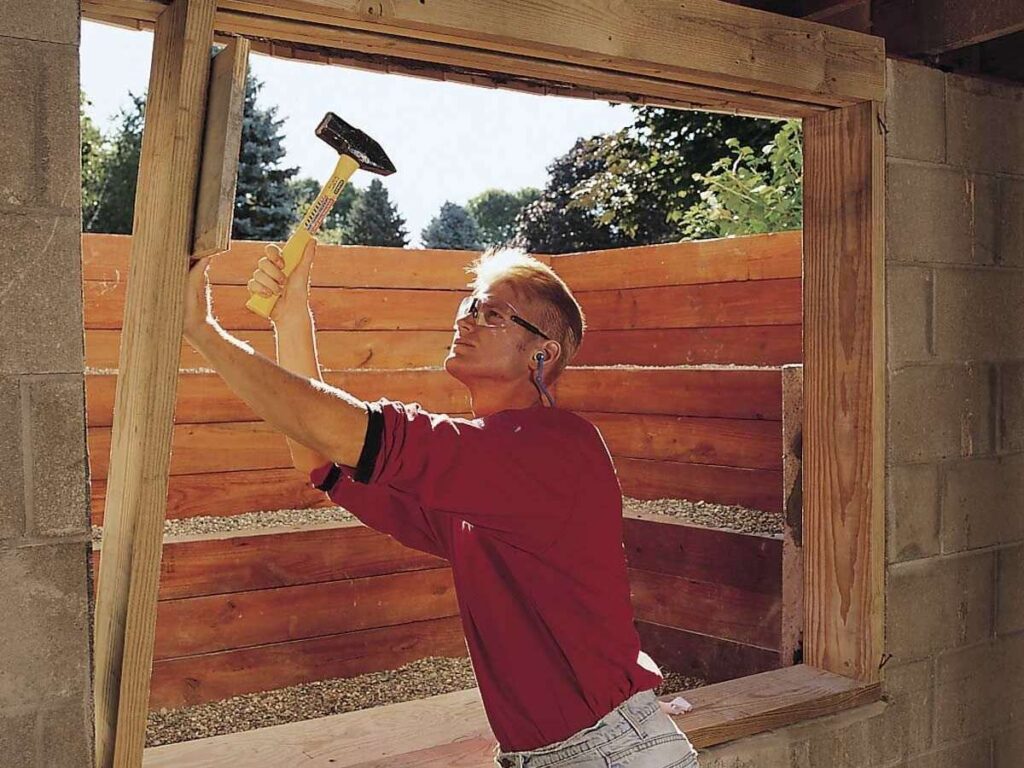
Factors to Consider When Choosing a Basement Window Vendor
I’ve had enough conversations with builders and property managers to know this, choosing the wrong vendor doesn’t just affect your budget, it affects your timeline, your inspection outcome, and your peace of mind. A good vendor makes that easy. A bad one? You’ll be fielding warranty calls for the next two years.
Here’s what I always tell teams to focus on when making that decision.
#1 Egress Compliance and Local Code Knowledge
Basement windows are different from above-grade windows. They’re often held to stricter safety and size standards. If you’re working on a multi-family or commercial space, egress compliance is non-negotiable.
That’s why you need a vendor who understands the International Residential Code (IRC) and can guide you through any local amendments. Vallisco’s egress windows are built to meet IRC standards and are designed with commercial-grade compliance in mind. A vendor who speaks code fluently can save you time, fines, and headaches.
#2 Frame Material, Insulation Value, and Moisture Resistance
The material specs really matter in basement environments. You want frames that resist moisture, prevent condensation, and maintain thermal efficiency in below-grade conditions. I tend to lean toward vinyl or fiberglass over wood.
Make sure your vendor doesn’t just quote U-value numbers, but can actually explain how their window performs under ground-level conditions. A vendor that understands how window construction interacts with foundation walls is worth keeping.
#3 Product Availability, Lead Times, and Support After the Sale
Even the best window in the world isn’t useful if it doesn’t show up on time. I always ask vendors upfront about lead times, especially for custom sizes or egress-rated units. But support matters just as much. Will they pick up the phone if there’s a missing part or damage on arrival?
The right vendor should be responsive, not reactive. You want someone who treats your jobsite like their own schedule depends on it. Because in a way, it does. Vallisco’s windows are known for consistent lead times and solid after-sales support. That makes planning and follow-up easier on commercial projects.
Conclusion
That supplier who left me hanging? I never worked with them again. But that mistake pushed me toward better partners, and better results.
This article gave you the roadmap to skip the trial and error.
You’ve seen who delivers, what matters, and how to choose right the first time. Now it’s your turn. Whether you’re ordering for one job or many, make your next move count.
Contact us today at Vallisco. We’re here to help you build smarter.
More Guides and Tips to Explore
For more helpful content, explore our collection of recommended reads:
Still haven’t found what you’re looking for? Don’t hesitate to contact us. We’re available around the clock to assist you.


